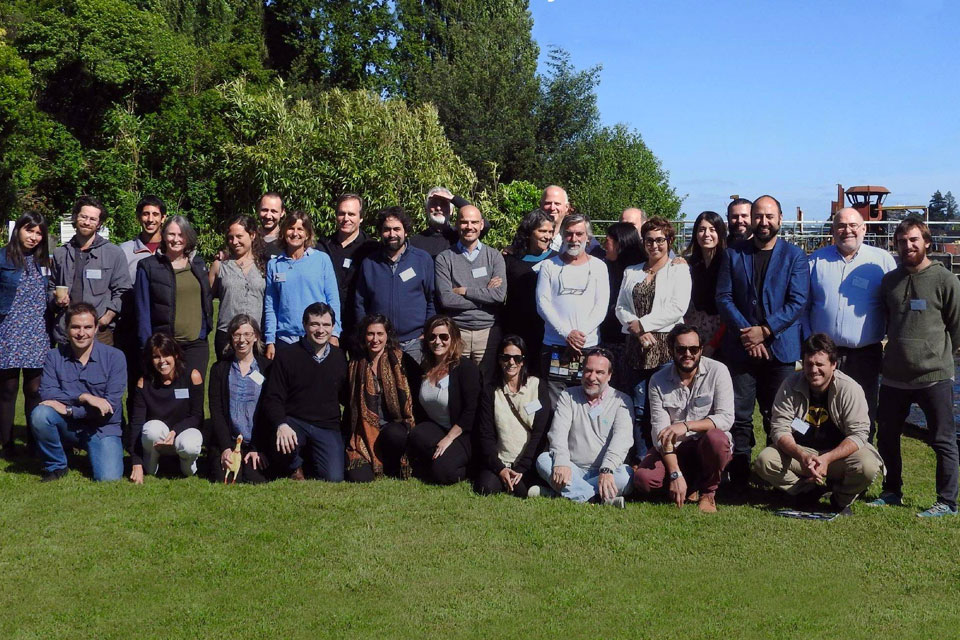With the common goal of preserving the seas of the Southern Cone, members of more than 20 NGOs from Argentina, Brazil, Chile and Uruguay met in Valdivia, Chile, from November 20 to 23. The framework was promoted by the XV Plenary Meeting of the Forum for the Conservation of the Patagonian Sea and Areas of Influence.

Members of the global network of civil society organizations presented advances and lessons learned from current projects, and future challenges. The creation of systems of Marine Protected Areas, training initiatives for managers of protected areas in the seas of the region and workshops for the evaluation of species with international methodologies, were some of the topics discussed at the meeting.
“Sharing experiences and visions is key to addressing marine conservation. The challenges it presents require skills that institutions are not prepared to address independently. That is why the articulation of civil society is needed to complement the necessary efforts,” said Dr. Claudio Campagna, president of the Forum.
The meeting also enabled the presentation and participation of Chilean organizations with a long history in marine conservation in Chile. “Meri’s policy is collaborative, so these spaces are always constructive. The case presented by Argentine organizations shows that it is possible for NGOs to meet and collaborate with one another, which is an interesting example to replicate in Chile. Hopefully the Forum will gain strength and it will become a space where to find the least common denominators that go beyond the agendas of individual organizations,” said Sonia Español and Gustavo Chiang, from the Meri Foundation.
The institutions part of the Forum present at the meeting were WCS Chile, WWF Chile, NatGeo Pristine Seas, Argentina Wildlife Foundation, Aquamarina, Whale Conservation Institute, Environment and Natural Resources Foundation, WCS Argentina, Temaiken Foundation, The Pew Charitable Trusts, Blue Whale Center and Organization for the Conservation of Cetaceans. The guest organizations were Añihue, Costa Humboldt, Environmental Defense Fund, Melimoyu Foundation, Meri Foundation, Greenpeace, Hinay and the Catholic University of Chile.
“We are pleased to know that more Chilean organizations are interested in the Forum. This meeting gave relevance and highlighted the political and technical work that the country is carrying out, and it was an opportunity to use the lessons learned from what’s been happening in other countries. Coordination in this context could give rise to a reference roadmap to help develop a unified voice, technically solid and with political work, necessary to reach and sustain big conservation achievements for the Patagonian Sea,” said Cristina Torres, coordinator of the Marine Program of the WWF Chile, organization member of the Forum and plenary host.